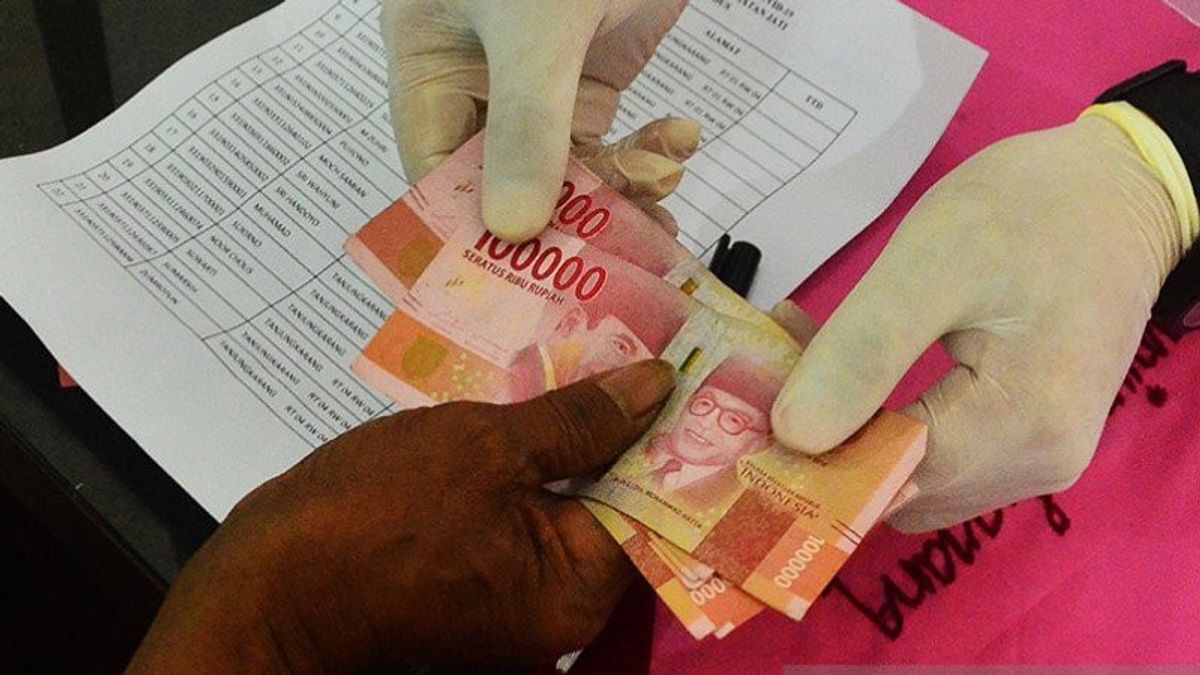JAKARTA - The Ministry of Cooperatives and SMEs spoke about the findings of the Supreme Audit Agency (BPK) which stated that there were problems in the distribution of Assistance for Micro Business Actors (BPUM) with a value of Rp1.18 trillion.
Secretary of the Ministry of Cooperatives and SMEs (SesKemenkopUKM) Arif Rahman Hakim revealed that if the information on BPUM recipients did not meet the criteria, it might have come from the initial report on the results of the BPK examination on BPUM distribution around December 2020.
According to Arif, the recommendation of the findings as of March 2021 has been followed up by the Kemenkop UKM and has been tested to be accepted by the BPK Team.
He said, a number of settlement steps were taken if it was found that the recipient did not meet the criteria and the funds had not been disbursed, the funds were blocked by the channeling bank.
“Deposits have been made in accordance with BPK's recommendations and tests have been carried out on funds deposited into the state treasury. All of the follow-up actions that we have taken above have been assessed according to the BPK," he said as reported on the official website, Thursday, June 24.
Arif added that his party had taken steps to clean up BPUM recipient data in stages and repeatedly, starting from the Regency/City Office to the Ministry of Cooperatives and SMEs.
"If there are new data findings regarding BPUM recipients, it will be followed up immediately," he said.
Meanwhile, several factors of inaccuracy of BPUM recipients according to the criteria include the absence of a single data/database related to MSMEs. In addition, the very limited time for data collection and distribution due to the pandemic has led to the need for speedy distribution to SMEs.
"Therefore, verification or checking of data is continuously carried out," he said.
On this occasion, Arif also said that from the survey conducted, it was concluded that 99.4 percent of business actors who received the BPUM program had an annual turnover of under Rp. 300 million. The survey also shows that 75.9 percent of program recipient businesses continue to open businesses during the pandemic.
"Through the BPUM program, it was stated that there was an average turnover increase of 41.1 percent after the aid disbursement period," he said.
Then, the survey also stated that 98.9 percent of recipients of the BPUM program used assistance for business purposes to buy raw materials, pay for or rent production equipment, pay business debts and pay workers.
"From the data, it can be seen that the BPUM program has succeeded in easing the burden on MSMEs during the pandemic and was able to increase sales turnover," concluded Arif.
The English, Chinese, Japanese, Arabic, and French versions are automatically generated by the AI. So there may still be inaccuracies in translating, please always see Indonesian as our main language. (system supported by DigitalSiber.id)













